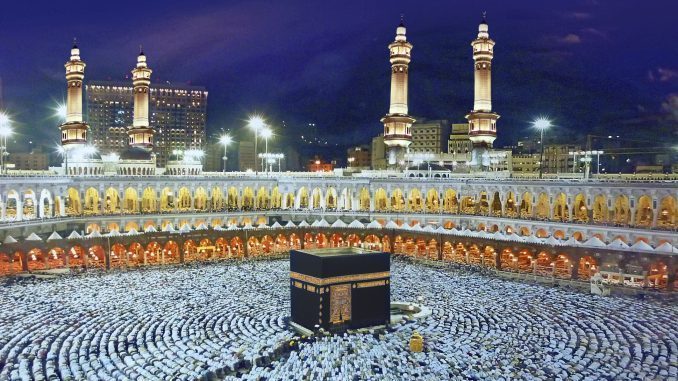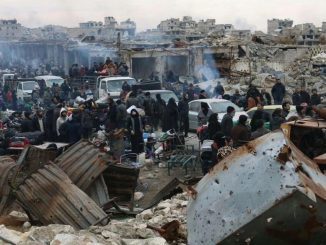
Arrangements and deals for Iranians to participate in the upcoming Hajj pilgrimage have been completed, according to the Saudi Press Agency (SPA), after the Iranians refused to take part in last year’s pilgrimage.
Relations between Iran and Saudi Arabia was strained after thousands of people, many of them Iranians, died in a stampede at the 2015 hajj rituals.
Riyadh said 769 pilgrims were killed in the 2015 disaster – the highest hajj death toll since a crash in 1990. Counts of fatalities by countries who repatriated bodies showed that over 2,000 people may have died in the crash, more than 400 of them Iranians.
Saudi Arabia and Iran have failed to reach a deal on arrangements for Iranians to attend this year’s Islamic pilgrimage to Mecca, with officials from both countries trading accusations on who was to blame for the impasse, and the Iranians didn’t attend Hajj last year.
However, much work has been done since then to solve this issue.
“The Ministry of Haj and Umrah and Iran’s Haj and Pilgrimage Organization have taken all the necessary measures to ensure Iranian pilgrims perform Haj 1438 according to the procedures followed by all Muslim countries,” the SPA said.
Necessary steps were taken following a recent meeting in Jeddah between Mohammed Saleh bin Tahir Bentin, Saudi minister of Haj and Umrah, and Hamid Mohammadi, head of Iran’s delegation on Feb. 23, the report said. The ministry has confirmed that Saudi Arabia, its leaders and people welcome all pilgrims, Umrah performers, and visitors, regardless of nationality or sect, from across the Islamic world.
Saudi Arabia is exerting its financial and human resources to serve pilgrims and guests and ensure their safety during the performance of their religious rites and stay in the Kingdom, the SPA said.
Iran’s Tasnim news agency said on March 5 that the country would send around 80,000 pilgrims this year.
Saudi media reported in December that Bentin had invited Iran to discuss arrangements for this year’s Haj. In early March, Iran said there had been progress.
“Most of the questions up for discussion have been resolved and a couple of issues are remaining,” Iran’s ISNA news agency quoted Ali Ghazi Askar, an Iranian official, as saying.
Last year marked the first time in nearly three decades that Iranians did not attend the pilgrimage, considered one of the most important religious obligations for able Muslims.
A key issue has been compensation for the families of hundreds of people killed in a stampede during the 2015 Haj. Iran says 464 of its citizens died in the disaster.



